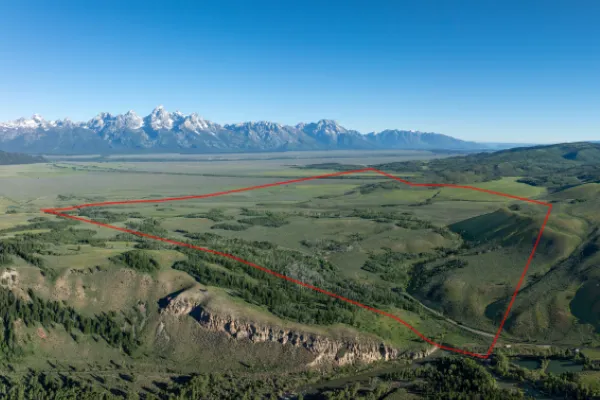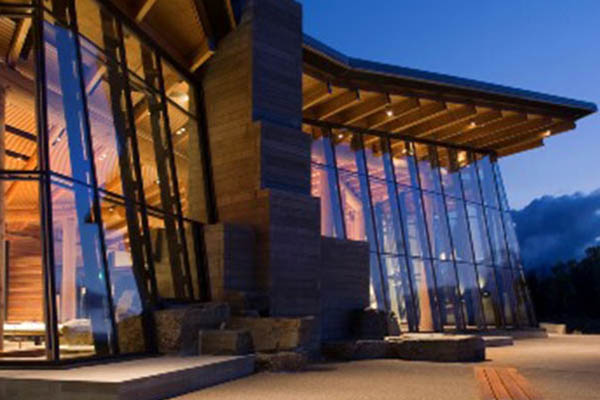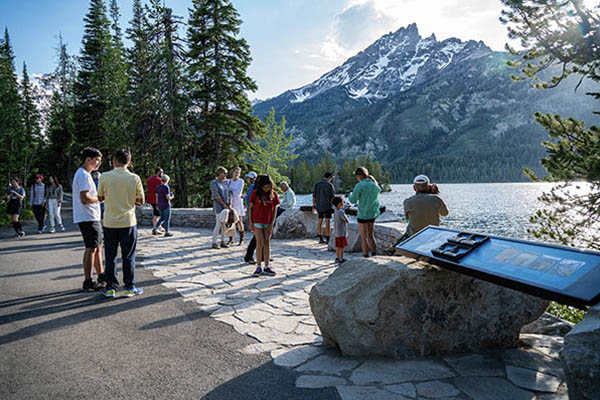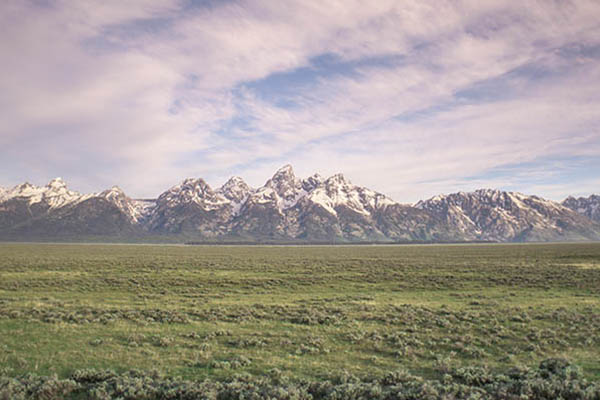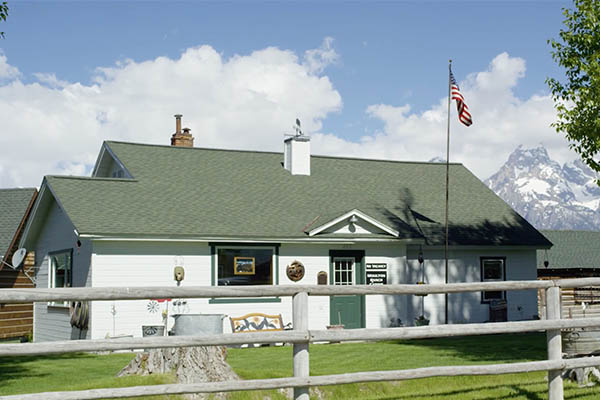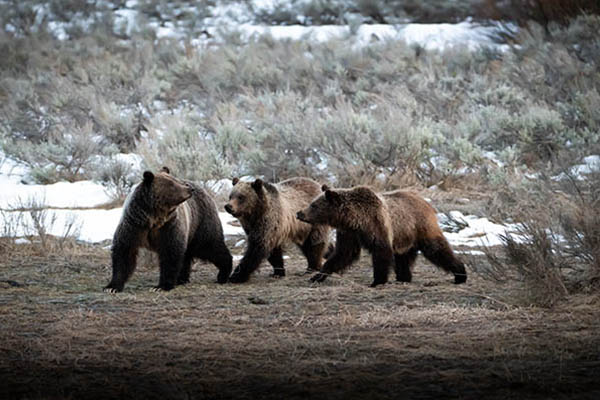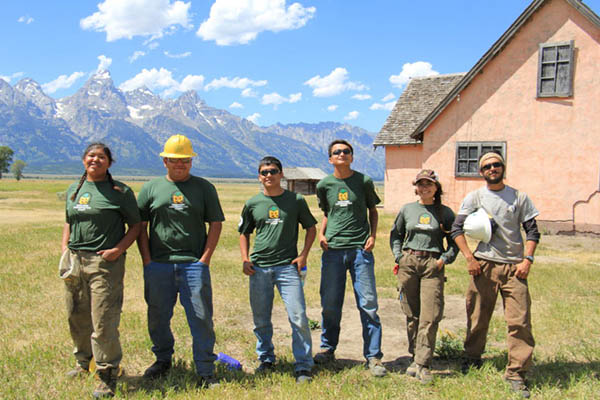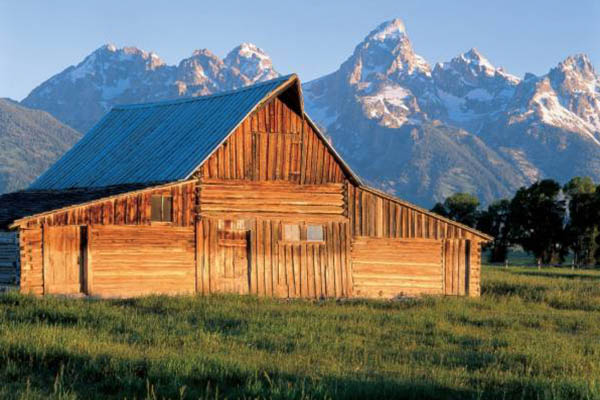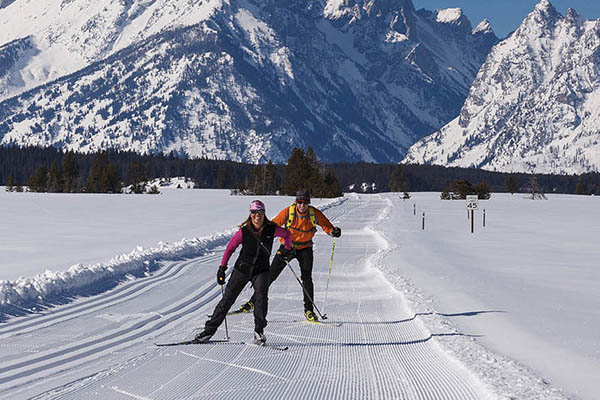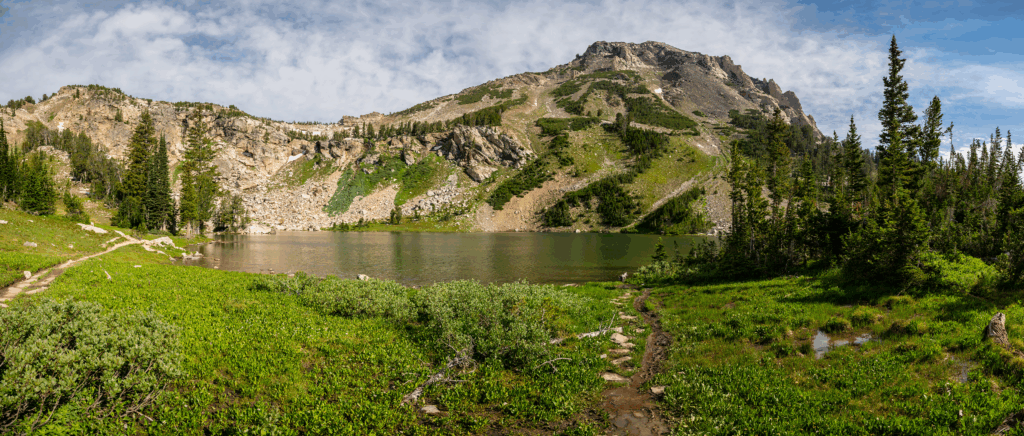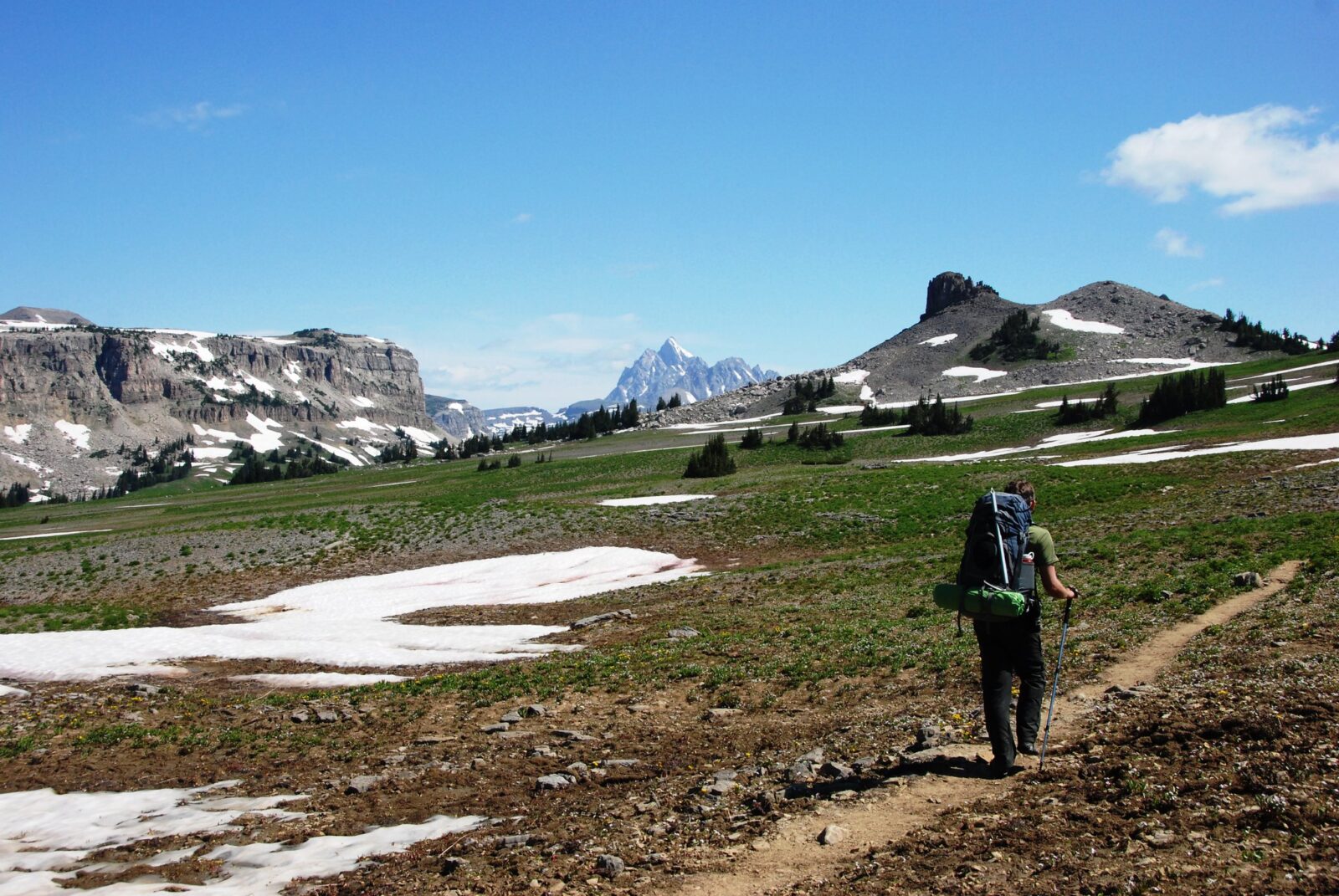
Grand Teton National Park has launched a new Backcountry and Trail Conditions webpage, offering an essential resource for hikers, backpackers, and climbers planning trips into the park’s rugged and dynamic terrain. The page provides current information on trail accessibility, snowpack levels, stream crossings, and temporary closures or restrictions — all updated daily by park rangers throughout the summer season.
This new tool was developed to improve safety and preparedness among backcountry users and to help preserve the natural character of these remote areas. With rapidly changing mountain conditions throughout the spring and summer months, timely and accurate trail data is key for a safe and enjoyable experience.
As early summer unfolds in Grand Teton, many lower and mid-elevation trails become accessible while higher routes are still transitioning from spring conditions. Below are two recommended backcountry hikes that are typically in good condition from late June through early July, depending on snowmelt and weather patterns.
Phelps Lake Loop
The Phelps Lake Loop, accessed via the Laurance S. Rockefeller Preserve, is a moderate backcountry hike that follows a 7-mile trail around the lake’s shoreline. The loop passes through forested sections and lakefront clearings with striking views of Death Canyon. This route is typically snow-free by mid to late June and is well-suited for early-season hikers looking for a rewarding half-day adventure. The area is also known for abundant wildlife, including moose, bear, and a variety of bird species.
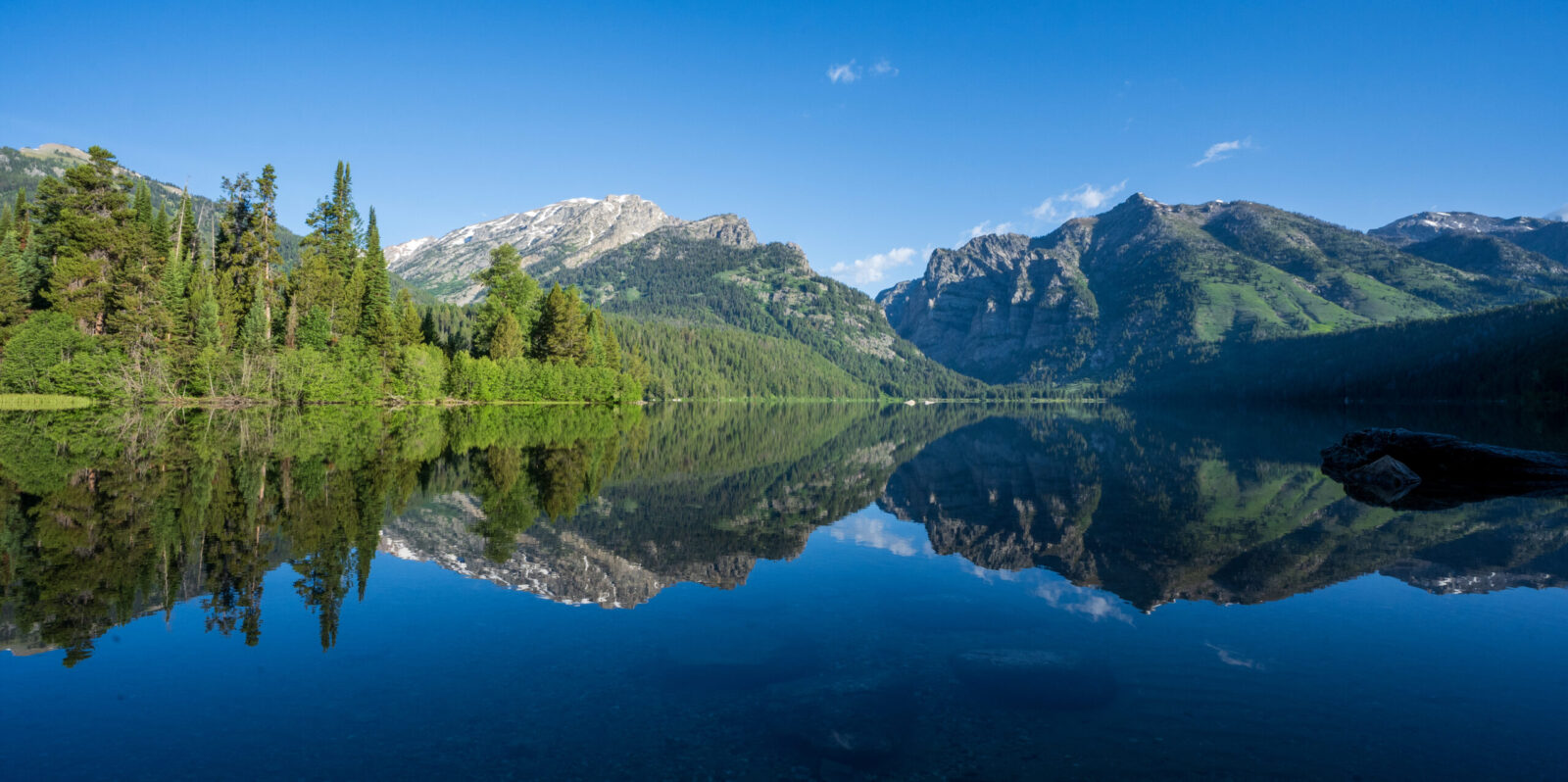
Paintbrush Canyon - Lower To Holly Lake
This moderate to strenuous hike climbs through one of the most scenic canyons in the park, with sweeping views, wildflower meadows, and rugged alpine terrain. Beginning at the String Lake Trailhead, the route follows the lower section of Paintbrush Canyon before reaching Holly Lake, located at around 9,400 feet. Snow can linger on the upper sections of the trail into early July, so hikers should be prepared for changing conditions, including water crossings or muddy sections.
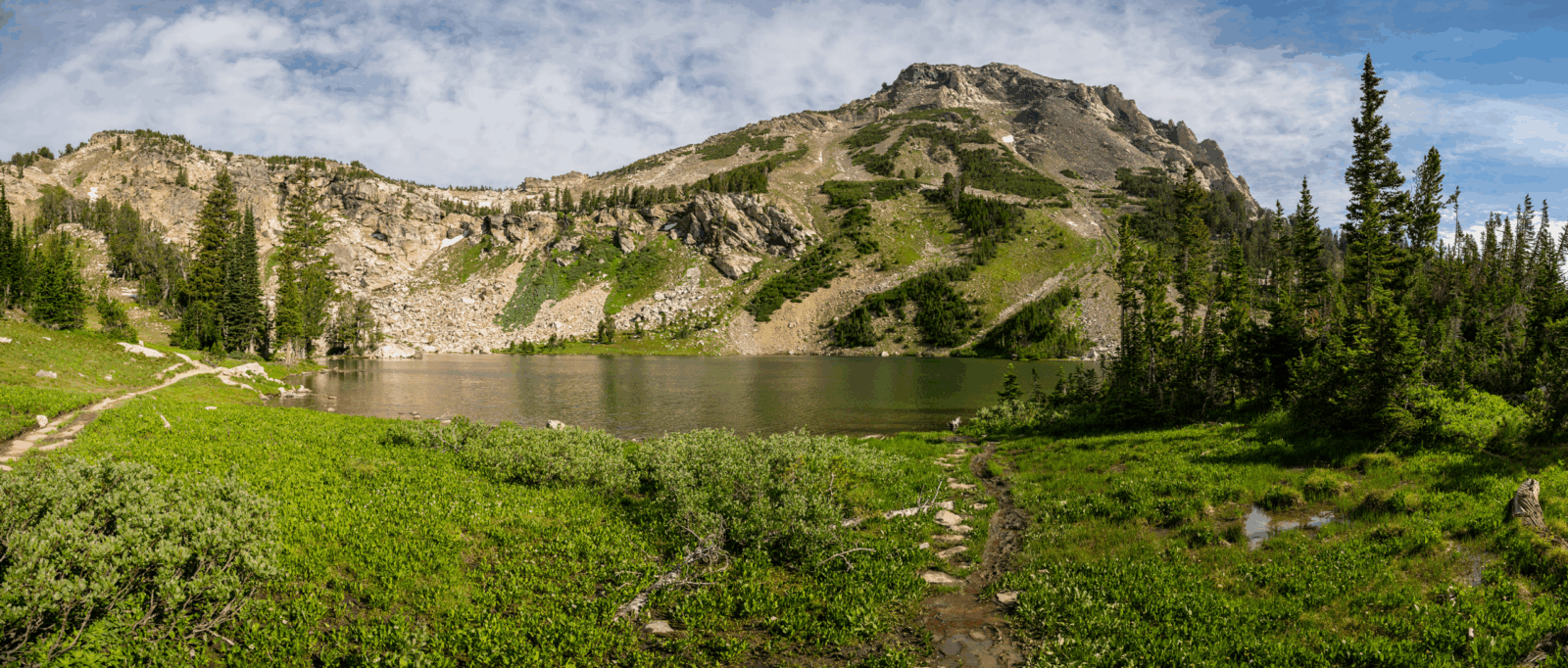
Hike Smart in Grand Teton
The Grand Teton backcountry is rugged and unpredictable. Conditions can change quickly—stop by a visitor center and speak to a ranger for more information.
-
Altitude & Terrain: High elevations and steep trails can be challenging. Pace yourself and carry extra water.
-
Snow & Streams: Snow may linger in the mountains into late July. Use caution on snowfields and stream crossings.
-
Wildlife: Bears are active throughout the park. Hike in groups, make noise, carry bear spray, and know how to use it.
-
Weather: Be ready for sudden changes. Bring rain gear and warm layers.
-
Plan Ahead: Carry a topo map, tell someone your plans, and avoid solo or off-trail hiking. Headphones are discouraged.
With preparation and awareness, you can enjoy a safe and rewarding backcountry experience in Grand Teton National Park.

